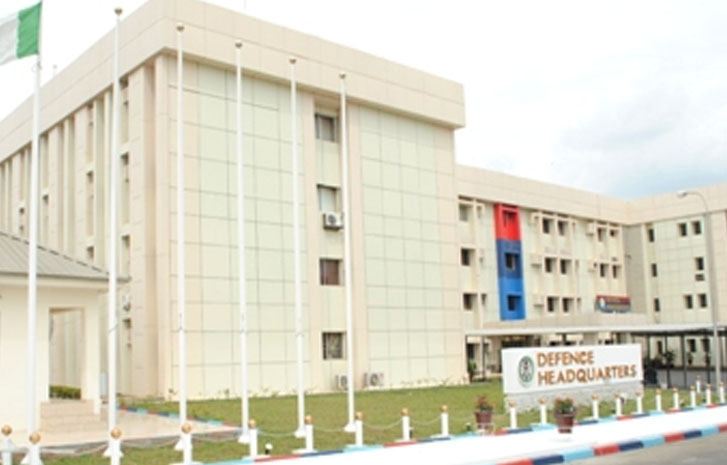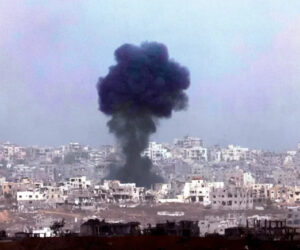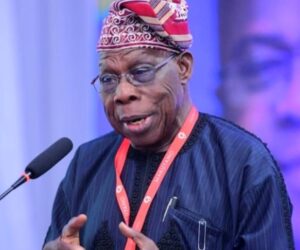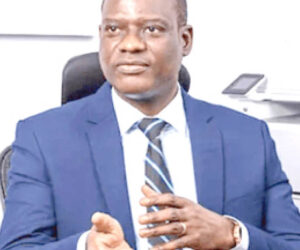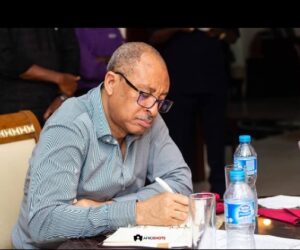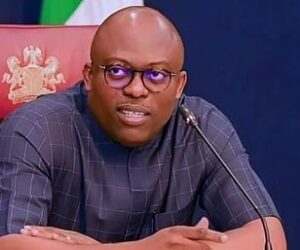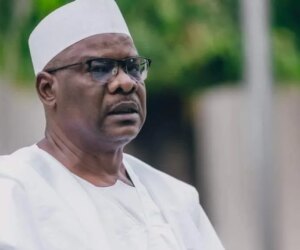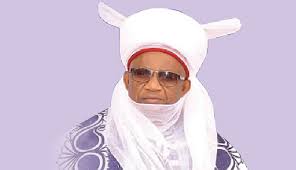A report early this month from the Military High Command that 16 officers were arrested over issues of indiscipline and breach of service regulations is not as trivial or innocuous as it was made to appear.
The said officers are undergoing investigations as a precursor to facing full disciplinary measures, if found culpable, in line with established military procedure.
According to the authorities, the officers’ offences were linked to “repeated failure in promotion and perceived career stagnation,” and the arrests were described as a mere “routine exercise to preserve professionalism within the Armed Forces.” Yet, intelligence sources within the system quietly told the media that the military’s official statement was heavily laced with diplomatese.
Investigative reporting by PREMIUM TIMES has affirmed the veracity of the coup story. We therefore condemn, in the strongest possible terms, any contemplated or attempted military putsch in Nigeria. It must not be tolerated by anyone.
The scars of the country’s nine previous military interventions remain deep and ugly on our body politic. History has repeatedly shown that the worst democratic government is still preferable to the most benevolent military dictatorship.
Nigeria has enjoyed 26 years of uninterrupted democratic governance since 1999, yet it is still struggling to recover from the ruins of more than four decades of military rule in its 65-year history.
While the authorities continue to downplay the recent coup plot episode, multiple reliable sources informed PREMIUM TIMES that the development generated palpable tension within government circles, leading to the abrupt cancellation of the 1 October Independence Day parade without a convincing explanation. That was a clear red flag.
Soon after, the president dismissed the service chiefs. Significantly, the Chief of Defence Intelligence, Major General Emmanuel Undiendeye, whose officers arrested the initial 16 suspects, retained his position. Meanwhile, General Olufemi Oluyede, the immediate past Chief of Army Staff, was elevated to replace General Christopher Musa as Chief of Defence Staff (CDS).
In another disturbing development, soldiers last week invaded the residence of former Petroleum Minister, Timipre Sylva, ransacked it, and took away his brother.
The action prompted his media aide, Julius Bokoru, to issue a statement stressing that his principal, who is currently abroad, had no connection with any coup plot. The coup narrative had earlier suggested that a former governor from the South was linked to the plot, though no name was mentioned.
Nigeria has travelled this perilous road before. When successful, coup plotters often emerge as self-acclaimed messiahs, condemning politicians as corrupt and inept, only to end up as their replicas, if not worse.
Once they seize power, constitutions are suspended, human rights trampled upon, and citizens stripped of their liberties. In the 21st century, Nigeria must never again embrace such a regressive path.
History bears grim witness. Each time the military seized power, the media were among the first casualties. Between 1987 and 1993, Newswatch, The Concord, The PUNCH, The Guardian, Sketch, Tell, and TheNews, among others, were shut down at one point or another by successive military regimes.
Many journalists were detained, brutalised, or even killed. Dele Giwa, the Editor-in-Chief of Newswatch, assassinated by a parcel bomb in 1986 during the Ibrahim Babangida regime, remains the most horrifying example.
As the late General Sani Abacha’s era demonstrated, treasury looting was often elevated to an art form. A 2022 BBC infographic revealed that Nigeria had, by then, recovered $3.65 billion looted by Abacha since he died in 1998, including $750 million recovered from his family that same year.
His total plunder was estimated at a staggering $5 billion.
The widespread rejection and pariah status that military coups now attract globally are evident in the swift regional responses to their resurgence in Mali, Burkina Faso, and Niger Republic. ECOWAS and the African Union rightly imposed sanctions and isolation.
In today’s interconnected world, no nation can long endure diplomatic ostracism and punitive sanctions, least of all one with an economy as fragile as Nigeria’s.
The original sin in this regard was the January 1966 coup d’état. It destroyed the federal structure entrenched in the 1963 Constitution and led to the assassination of key national leaders, including Prime Minister Tafawa Balewa; the Premier of Northern Nigeria, Ahmadu Bello; and his Western Region counterpart, Samuel Akintola, among others.
The counter-coup of July 1966 and the tragic chain of events it unleashed culminated in the Civil War of 1967–1970. That war devastated the basis of Nigeria’s unity and entrenched ethnic mistrusts that still poison our politics and governance to this day.
The mere contemplation of a coup, therefore, rekindles these bitter memories and threatens our fragile stability and cohesion.
READ ALSO: How Nigerians are reacting to US threat of military incursion in Nigeria
Nigeria must instead embark on continuous reforms to consolidate the gains of its democracy since 1999. The political class must take governance more seriously.
The spiralling poverty, unemployment, inflation, and hunger now confronting citizens are dangerous pressures that widen the gulf between the government and the governed. A disenchanted populace can not be effective partners in nation-building.
To safeguard democracy and national unity, Nigeria’s leaders must act decisively to rescue citizens from this dire economic condition, for history has shown that disillusion and despair are fertile grounds for authoritarian temptations. There must never again be another coup in Nigeria.

